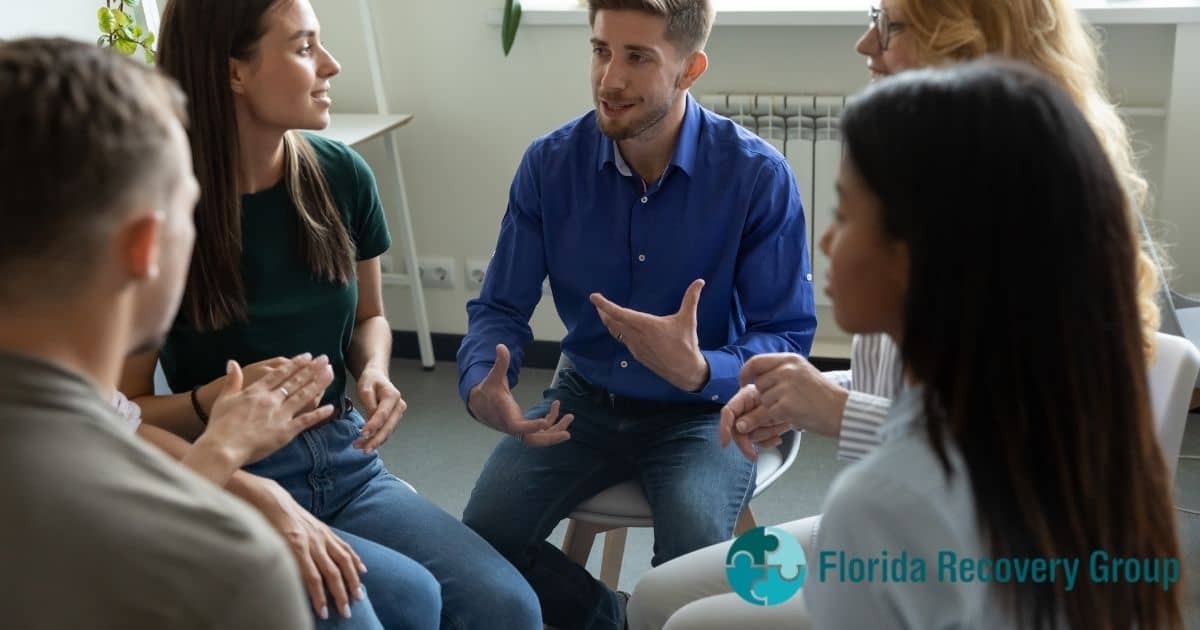
22 Mar What is Heroin Rehab Like in Delray Beach?
Heroin addiction is known to be one of the most difficult addictions to overcome. Heroin is a powerful and addictive opioid. Abusing heroin can lead to a range of serious consequences to your health, relationships, and emotional wellbeing.
Using heroin for even a short time can cause changes to the body and brain that make it difficult to stop using the drug. Most people who become addicted to heroin need treatment and support to overcome this condition. There are many types of addiction treatment programs and several levels of care. Your medical or addiction specialists will help determine which level of care is appropriate to meet your needs.
With the right treatment, it is possible for people to safely stop using heroin and remain sober for life. Making the life-changing choice to seek treatment means making many decisions, including which kind of program you want to start and where to get help.
Delray Beach, Florida has an active addiction recovery community. This and the serene, beautiful location make it a wonderful choice for anyone seeking addiction treatment. We will discuss what happens during heroin rehab in Delray Beach so you can make the best choices about your treatment plan.
What Happens in Heroin Rehab?
Going through heroin rehab in Delray Beach means receiving high-quality, comprehensive care in several stages. Each stage is designed to address the physical, emotional, and behavioral factors that can contribute to addiction.
Detox
Heroin is a powerfully addictive opioid. Most people who are addicted to heroin require detox During medically supervised detox, people are monitored and treated for uncomfortable or dangerous withdrawal symptoms. Treatment at this stage usually consists of medications, support, and comfort measures that help people have a complete, safe detox from heroin.
Treatment
After detox, people participate in a treatment plan that is tailored to meet their needs. Addiction treatment plans generally consist of a combination of evidence-based and holistic treatments, including:
- Individual therapy
- Group therapy
- Family therapy
- Education
- Medication
- Mental health and medical treatment
- Holistic therapies–nutrition counseling, mindfulness, skills-building, exercise, acupuncture, massage, and other treatments to promote healing
Medication-Assisted Treatment (MAT)
The FDA has approved several medications, including methadone, buprenorphine, and naltrexone for the treatment of opioid use disorder. While these medications alone cannot cure heroin addiction, they may be used during a rehab program in Delray Beach to alleviate withdrawal symptoms and drug cravings. The use of these medications, combined with professional and psychosocial support, is an approach called medication-assisted treatment or MAT.[1]
MAT is thought to provide a more comprehensive, whole-patient approach when it comes to treating addictions to heroin and other opioids. Patients may begin taking these medications during detox, throughout treatment, and into their early recovery, if needed.
Aftercare
People with an addiction to heroin are never truly cured. They may struggle with cravings or triggers for a long time after completing treatment. People must plan to stay active, motivated, and engaged in recovery by finding professional and personal support. People in recovery may continue individual therapy, join support groups, or participate in an alumni network. They may also continue or start new holistic practices or hobbies that help them stay focused and grounded in their new, sober lifestyle.
Symptoms of Heroin Withdrawal
Heroin withdrawal symptoms can start soon after the last time you use heroin and last for days or even weeks. The symptoms are often so uncomfortable that people begin using heroin again to avoid them. This makes it difficult to detox from the drug without treatment.
Symptoms of heroin withdrawal include:[2]
- Chills
- Sweating
- Tremors
- Bone and body aches
- Muscle spasms
- Runny nose
- Watery eyes
- Stomach pain and cramping
- Increased heart rate
- Slowed breathing
- Fatigue
- Insomnia
- Depression
- Cravings
The cravings associated with heroin withdrawal are often intense and can lead to relapse. People may also experience severe depression that requires intervention to keep them safe. If you are going through heroin withdrawal or you are planning to stop using heroin, getting support and treatment is essential to keep you safe and let you have a complete detox.
Understanding the Heroin Withdrawal Timeline
Heroin withdrawal can be intensely uncomfortable. The symptoms a person experiences can vary depending on the severity and length of their addiction and other factors. Generally, heroin withdrawal symptoms follow a timeline.
- 6-24 hours: Muscle pain, tremors, intense cravings, insomnia, anxiety, poor concentration
- 1-3 days: Worsening physical symptoms, nausea, and vomiting that can cause dehydration
- 4-7 days: Physical symptoms may begin to improve, but anxiety, depression, and insomnia intensify
- 1 week-3 months: Some people may still struggle with insomnia, anxiety, and depression
Cravings can remain for weeks or months, so it is important to get treatment and support that can help you manage them to avoid relapse.
Learn More About Heroin Rehab in Delray Beach by Contacting the Florida Recovery Group
At Florida Recovery Group, we offer high-quality, comprehensive addiction treatment in a beautiful location. Our programs are designed to help people overcome the physical, behavioral, and environmental aspects of heroin addiction so they can live the healthy, fulfilling life of their choice.
If you or someone you love needs heroin rehab in Delray Beach or you want to travel to Florida for care, reach out to the staff at Florida Recovery Center. We make the admission process as easy as possible so you can focus on what matters most: your recovery.
Don’t wait another day to get the treatment you need. You can change your life. Call today.





